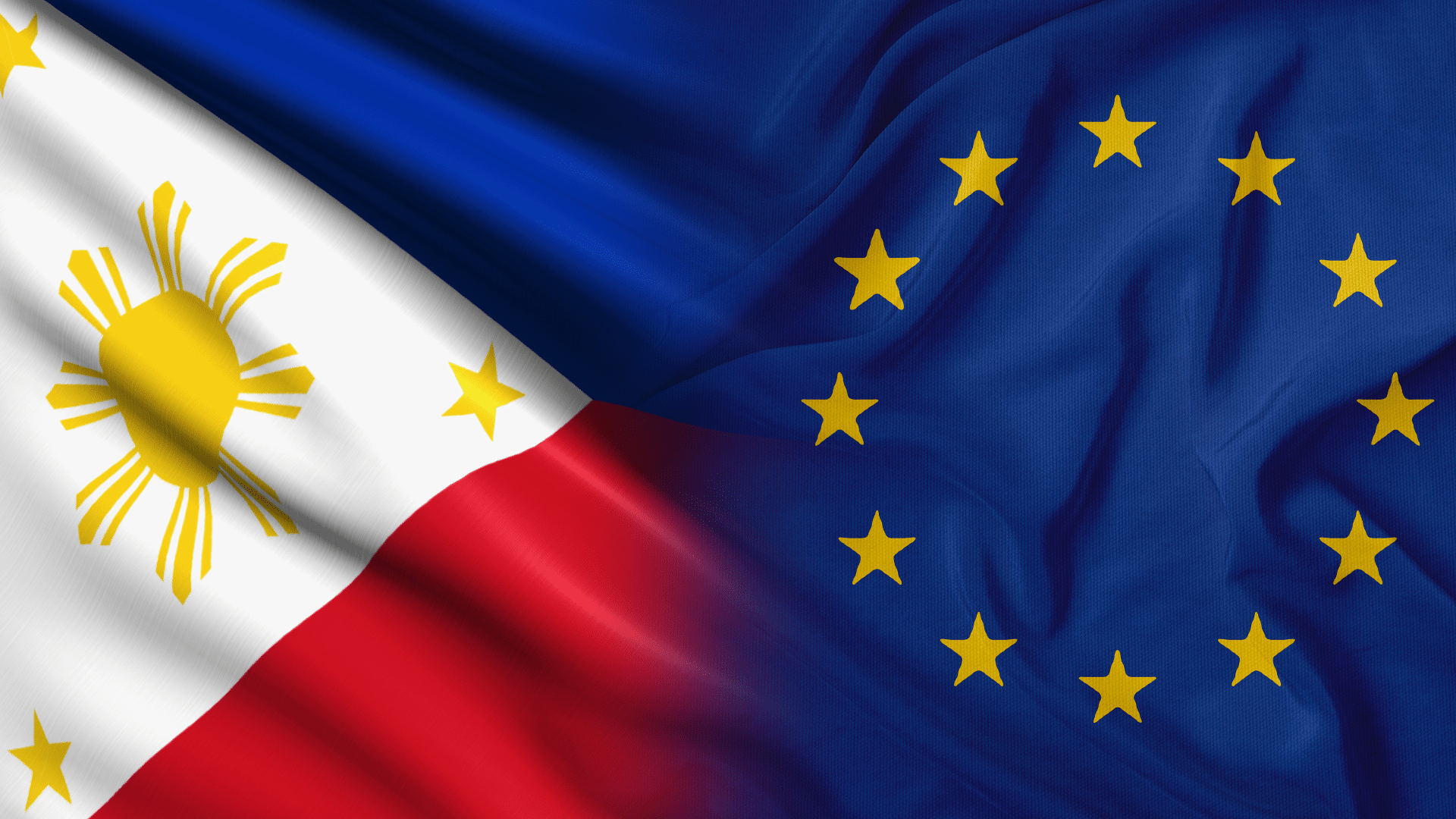
IN a statement on Wednesday, the Philippine Chamber of Commerce and Industry (PCCI) said that the Philippines has too many holidays, and Congress should consider trimming the list to help the economy grow. While there would be some value in reviewing the list of annual holidays and the manner in which holidays are declared by the government, we believe the assertion that the number of holidays that currently exist has a negative effect on the economy is a non sequitur and should be dismissed.
In the statement, PCCI President Enunina Mangio said there were approximately 22 regular and five special holidays per year, not including local observances and work cancellations due to natural disasters. Mangio added, "We have too many holidays compared to the others in the region," pointing out this leads to higher labor costs that burden small businesses. "We have to reduce its negative impacts on the productivity of our workforce and state of our economy," Mangio stressed. "Let us focus and work on our productivity and competitiveness, and make sure we attract more investors into the country."
For 2024, there are actually 21 official holidays, 12 regular holidays plus nine special nonworking holidays. There are indeed numerous local holidays, but whether or not these are reasonable should be addressed at the local level. Work cancellations due to natural disasters, most often typhoons or tropical storms, are not applied to private enterprises but only government offices and institutions, such as public schools, since it is not within the government's jurisdiction to tell private businesses when they should be open for business or closed. Many businesses close or modify their schedules for safety or practical reasons when the government suspends work and school due to calamitous conditions, but that is the businesses' own decision.
The number of annual holidays in the Philippines is, contrary to the PCCI's statement, comparable to other countries in the region. According to various sources, for 2024, Malaysia has 22 national holidays or holidays that include most of the Malaysian states; Indonesia has 19; Thailand has 18; Cambodia has 16; there are 10 in Singapore; and Laos and Vietnam have eight and six holidays, respectively.
The PCCI's concern for businesses' payroll costs due to holidays is understandable given its role as a respected advocate for business interests. In general, workers are paid twice their normal pay for work during a regular holiday, plus an additional 30 percent if they work more than eight hours; for workers not scheduled for work on the holiday, they receive a regular day's salary, provided they worked or were on authorized leave on the workday immediately preceding the holiday. For "special nonworking days," the "no work, no pay" rule applies, unless otherwise provided for by the employee's contract or a collective bargaining agreement.
Consumer spending boost
However, the much larger opposite side of the economic coin with respect to holidays is that they provide a substantial boost in consumer spending. Previous administrations, most notably that of former president Gloria Macapagal Arroyo, purposely increased the number of regular holidays for this precise objective. While not all businesses may benefit depending on their particular circumstances, overall the increased spending and resulting business revenues during holiday periods are many times greater than increased business costs.
We do agree with the PCCI that it is possible to have an excessive number of holidays; the economic benefits of holidays must be weighed against their costs. However, it does not seem that the current number of holidays is excessive, particularly when that number is similar to those of a couple of the Philippines' more economically successful neighbors; one or two fewer holidays each year is not likely to make a difference.
Nevertheless, there is no harm in reassessing the current holiday calendar for relevance and positive economic effect. Whether or not the number of holidays is reduced, increased or kept the same, the government should consider making improvements to the manner in which holidays are declared to help businesses and consumers better plan their activities. The full-year calendar of official holidays should be declared as early as possible, ideally, before the end of the previous year, and the practice of declaring holidays on "short notice" — a day or two before the date — which has unfortunately become more frequent in recent years, should be avoided.
Read The Rest at :






